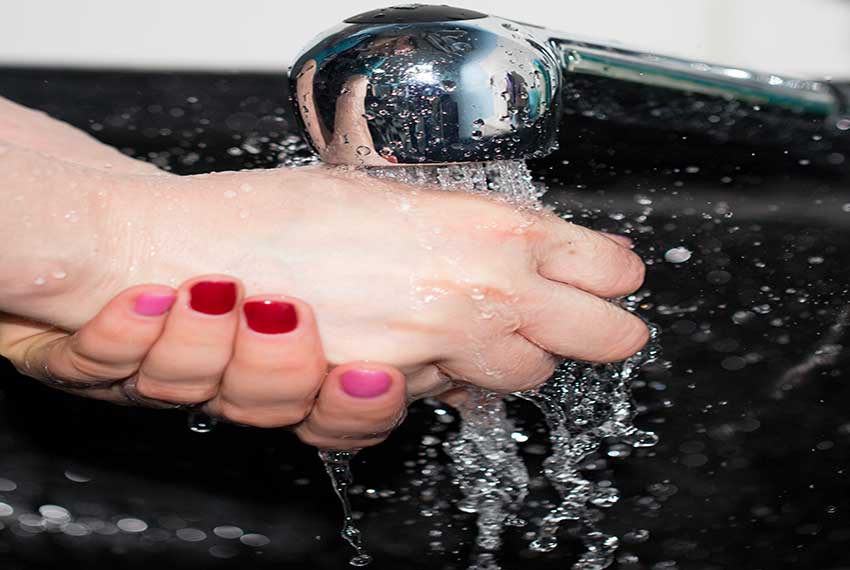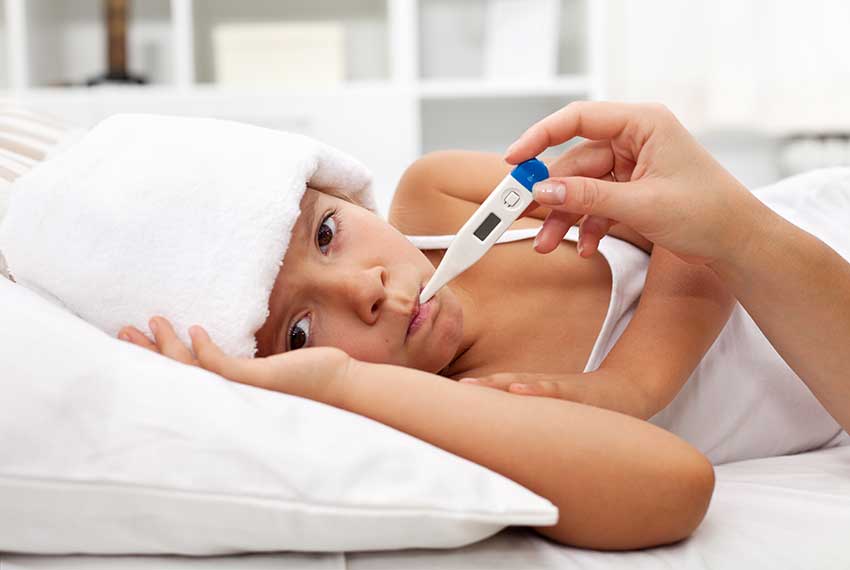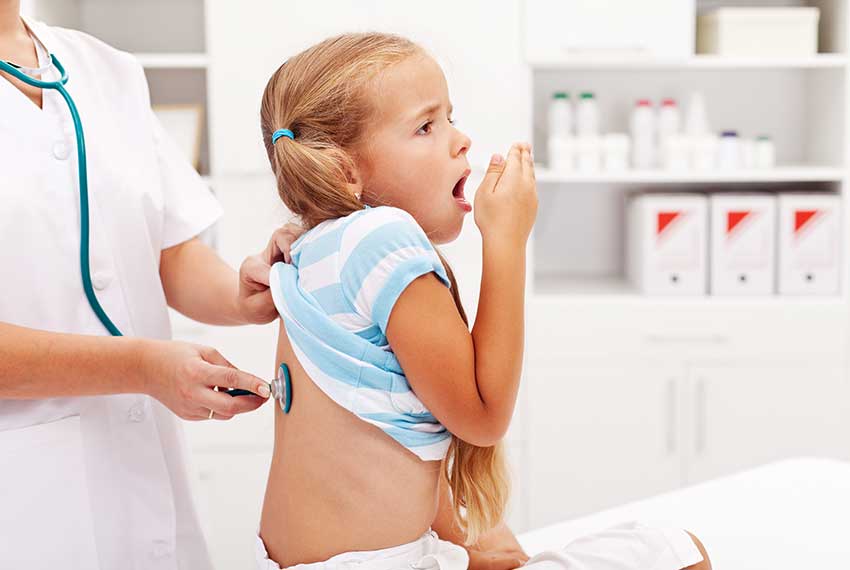Menu

Here are three things they should be doing now!

The most effective and easiest method of protecting yourself and others from a virus is practicing simple hygiene.
According to the Centers for Disease Control and Prevention, 2018;
“Hand washing can prevent about 20% of respiratory infections (e.g., colds)”.
Schools should continue to educate and reinforce proper hand washing techniques to students and staff members after using the restroom, before eating, after sneezing or coughing, and before preparing food.
Thorough hand washing with soap prevents infections from spreading as it removes germs picked up from unwashed surfaces and objects
Below is an illustration of proper hand washing techniques.

If you know somebody who has recently traveled to a high-risk country and is showing signs and symptoms of having an infectious disease, advise them to stay home.
By limiting contact, you are minimizing the risk of spreading an infectious disease to other people. The NSW Department of Education, 2020 has stated;
“Anyone who develops a fever, cough, sore throat or shortness of breath, should immediately isolate themselves from other people”.
Schools should be regularly monitoring their staff and students for symptoms and be prepared to send them home or awaiting in sickbay, by themselves, until a parent/guardian picks them up.

Ensure you have an action plan prepared in the event somebody you know begins showing symptoms of an infectious disease
If somebody you know is experiencing any of the following symptoms, seek medical attention as soon as possible by calling either a GP, your nearest emergency department, or the health direct helpline (1800 022 222);